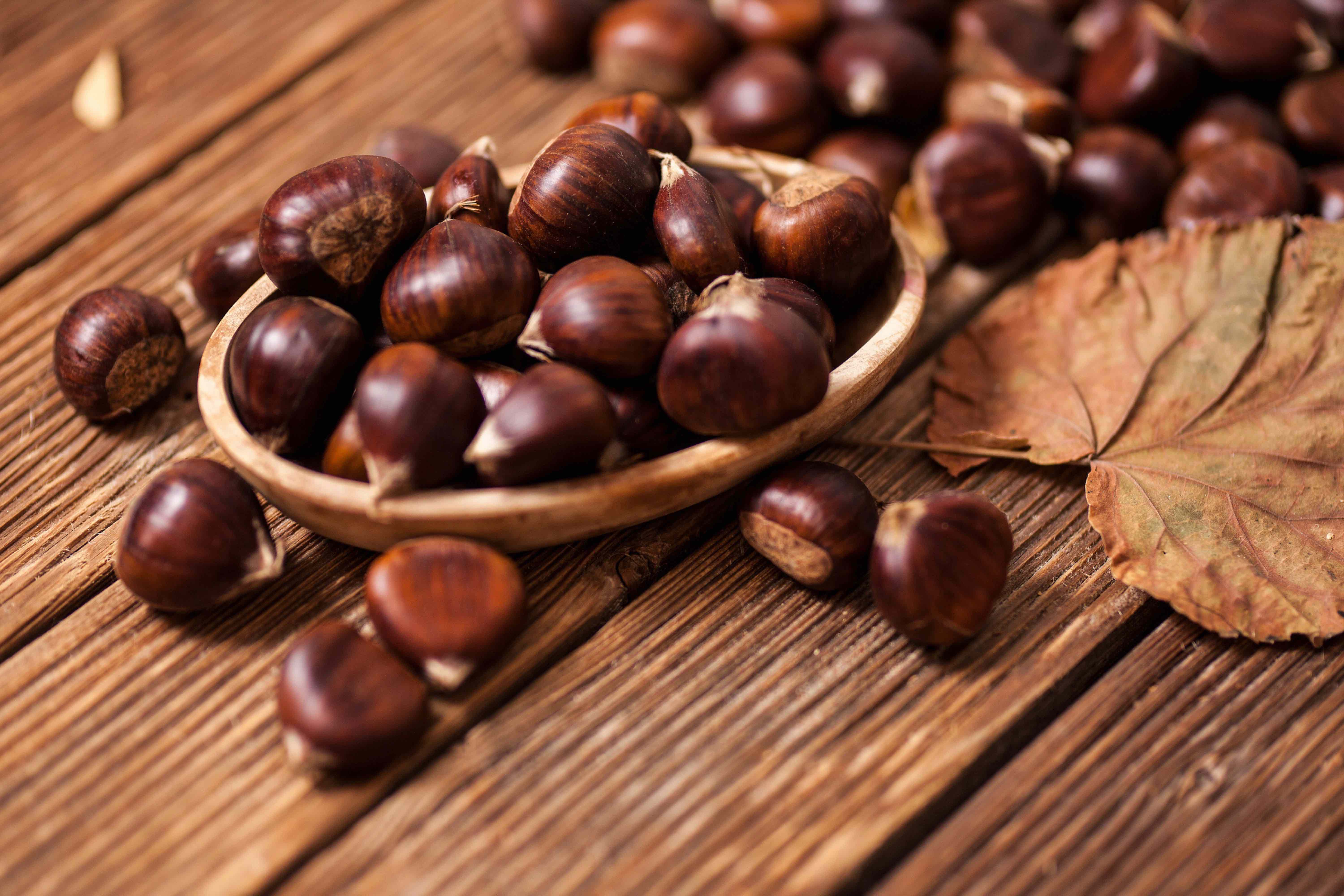
Latest information

Enzicas, food innovation through chestnuts
The Enzicas project, led by Víctor Lama and Brandán Gómez, creates new food additives through fermentation, focusing on the production of enzymes that act as biocatalysts and reduce maturation and curing times in meat and dairy products.
Food production remains one of the main challenges of today's society. In addition, consumers are increasingly demanding sustainable, healthy and transparent products, without sacrificing functionality and taste. It is therefore essential to change the way we produce in order to contribute to improving the sustainability of the system. This is the mission of this project, born under the auspices of the Business Factory Food, the accelerator of the food sector driven by the Xunta and the Food Cluster of Galicia (Clusaga). During the process they have been mentored by the company Quescrem.
Chestnuts are an essential part of the project, as they opt for a sustainable ingredient that contributes to a greener and more balanced future. On the one hand, choosing this product as a substrate boosts food innovation and the preservation of forests rich in biodiversity. In addition, by promoting an indigenous crop, they seek to strengthen the rural economy. Finally, they emphasize that the chestnut tree is a natural decontaminant. Its growth implies CO2 absorption, helping in the fight against climate change.
"We create new foods through fermentation, benefiting from its energy efficiency and responsible use of water. By using chestnuts, we rely on sustainable crops and strengthen food sovereignty. We are shaping a tastier and more sustainable food future for all," the company explains.
How is the process
Through a solid-state fermentation technique, specialized microorganisms are cultured on a prepared chestnut substrate, gradually fermenting the components and giving rise to new substances and developing additives full of enzymes and aromas.
On the other hand, there is precision fermentation. Creating a biologically active environment using chestnuts as a substrate is an intriguing biochemical process. Selected microorganisms are activated, gradually breaking down nutrients. As they progress, essential enzymes are released and food additives with unique profiles are created.